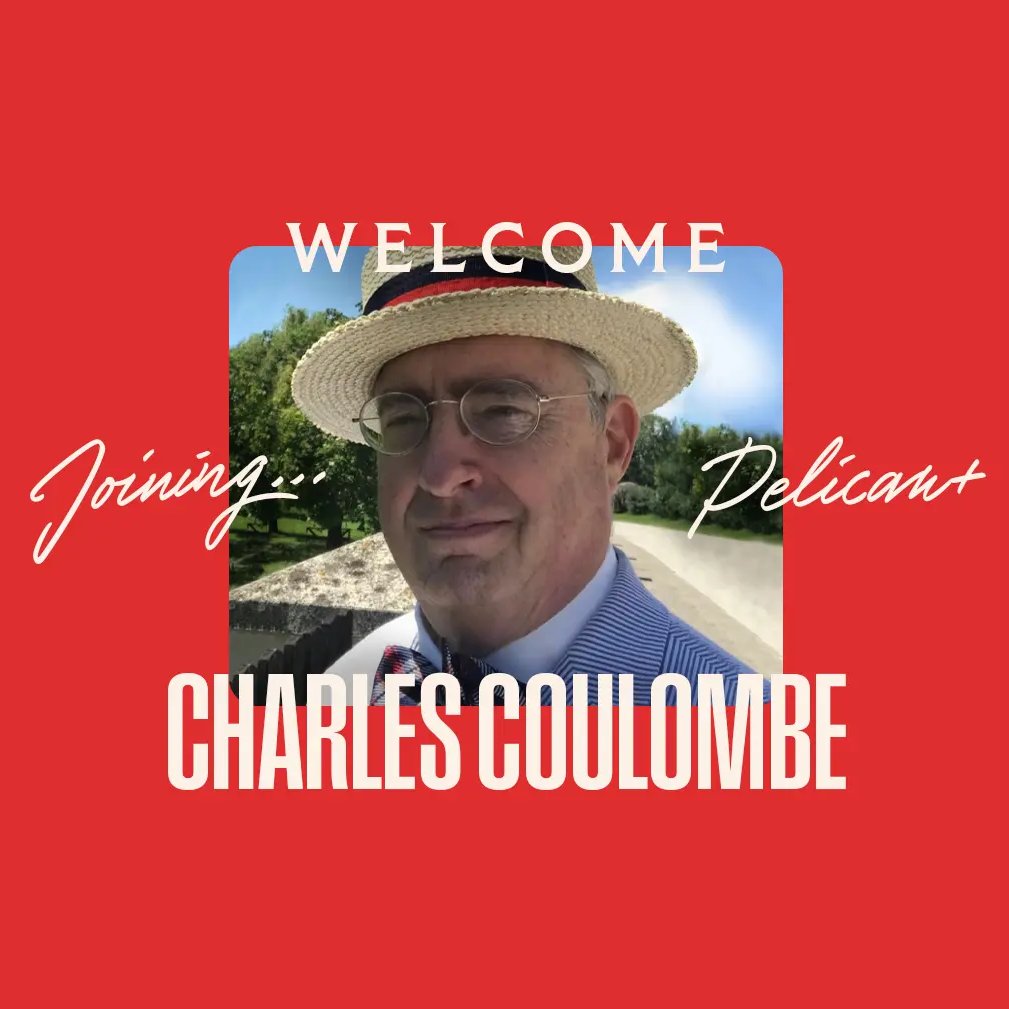Historical tidbit found on VHS…
Video: Sedevacantism Debate
with SSPV Clergy and Indult Traditionalists

top left to right: Rev. Brian Harrison, Bp. Clarence Kelly
bottom left to right: Fr. William W. Jenkins, Count Neri Capponi
A reader of this web site recently found a real treasure buried on an old VHS tape: a debate on Sedevacantism between Society of St. Pius V (SSPV) clergy and ‘mainstream’ traditionalists.
The length of the recording is 2 hours 43 minutes. The exchange must have taken place around 1995. The participants were Bp. Clarence Kelly and Fr. William Jenkins for the SSPV, versus ‘Fr.’ Brian Harrison (why ‘Fr.’ in quotes?) and Count Neri Capponi, both of whom represented the ‘indult’ traditionalist position. The moderator was the Rev. John Perricone.
With the kind permission of the gentleman who supplied the recording, we have put the video recording on our YouTube channel for wide distribution. This is certainly a tidbit that deserves to be preserved even just for historical reasons:
Taking place in the 1990s, the papal claimant in Rome at the time was ‘Saint’ John Paul II (r. 1978-2005). It is amazing to see, upon watching the exchange, how much has happened — and how little has changed — since then.
One of the main topics discussed in the video is an intrinsically evil disciplinary law ‘Pope’ John Paul had promulgated as part of the new Code of Canon Law (1983), according to which (in Canon 844) non-Catholic ‘Christians’ are permitted to receive the sacraments of penance, Holy Eucharist, and extreme unction under certain circumstances, even outside the danger of death and without in any way converting to Catholicism, even implicitly.
Bp. Kelly and Fr. Jenkins make the point that it is impossible for a true Pope to do such a thing since the Church is infallible in her universal disciplinary laws. We have two articles on this web site that lay out this very argument in the necessary detail, with documented evidence:
- Canon 844 – When John Paul II allowed Communion for Protestants
- The Infallibility of the Catholic Church in her Universal Laws and Sacramental Rites
Multiple times during the exchange, the Rev. Harrison makes the claim — and a similar one is made later on by someone from the audience — that the Holy Office under Pope Pius XII in or around 1940 issued a decree permitting Eastern Orthodox people to receive the sacraments in danger of death. However, neither he nor the participant from the audience provide any evidence for that. The decree is not identified either by name or by precise date, making the contention worthless, since the burden of proof rests on him who makes the assertion.
However, there is a decree (response to dubia) from the Holy Office dated Nov. 15, 1941, which addresses this very topic, although not in a manner that would lend support to ‘Fr.’ Harrison’s claim. The following two pages are scans taken from The Canon Law Digest, vol. III, edited by Fr. T. Lincoln Bouscaren, S.J. (Milwaukee, WI: The Bruce Publishing Company, 1954), pp. 299-300:


What we see here is entirely in line with traditional Catholic moral and sacramental principles. There is nothing novel there, nothing scandalous, and certainly nothing that would anticipate the intrinsically evil law John Paul II would promulgate in 1983. Whatever ‘Fr.’ Harrison thought Pius XII had permitted, this decree of the Holy Office should put the matter to rest.
With regard to what Fr. Jenkins says concerning Antipope John XXIII (r. 1400-1415), namely, that the Church does not consider him a formal antipope on account of the great confusion that abounded during the Great Western Schism, Father must have been misinformed, for the Catholic Encyclopedia of 1910 certainly calls him just that:
Alas, we must take issue with Bp. Kelly’s contention that John Paul II’s status as a false pope is merely an opinion, albeit a legitimate one. This ‘Opinionism’ is shared by a few other sedevacantist clerics as well, especially in the Society and the Congregation of St. Pius V (CSPV). To call it merely an opinion would mean that it is just as legitimate to hold that he was a true Pope, when Bp. Kelly’s own argumentation shows that that would be impossible.
In the following article, Bp. Donald Sanborn, himself once a member of the SSPV, demonstrates how the status of the Novus Ordo popes cannot be a matter of opinion, and what would follow if it were:
We trust that most of our readers will find this debate from the 1990s to be refreshingly informative. Anyone interested in more will surely also appreciate the following video debate from 2004:
It is truly a pity that there aren’t more frequent debates and discussions between learned sedevacantist and Novus Ordo clergy. They could do so much good and open the eyes of many.
Image source: composite with screenshots from YouTube
License: fair use






No Comments
Be the first to start a conversation